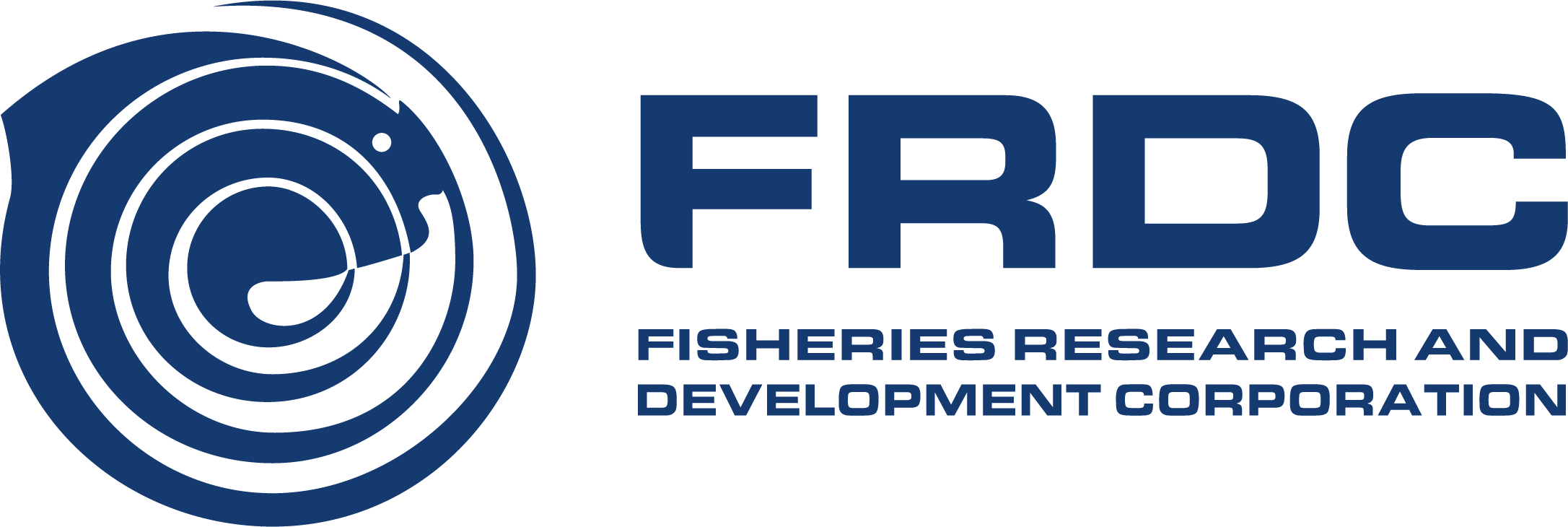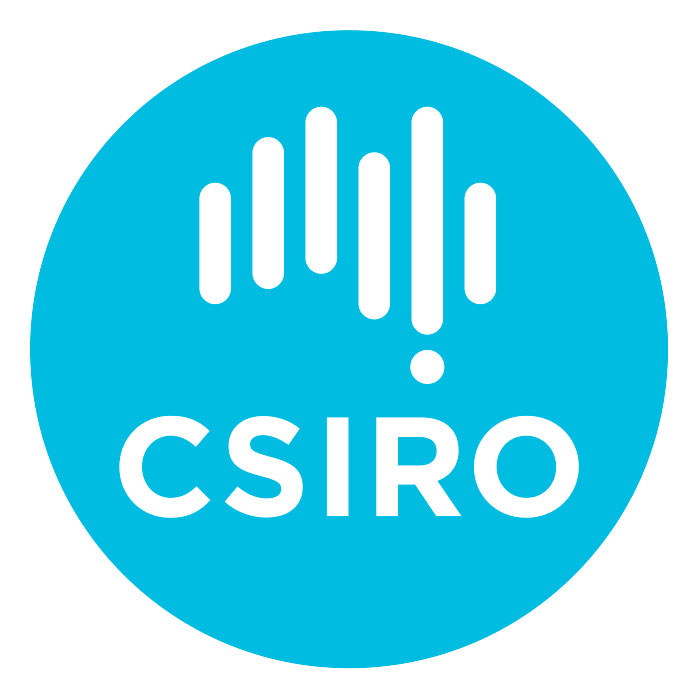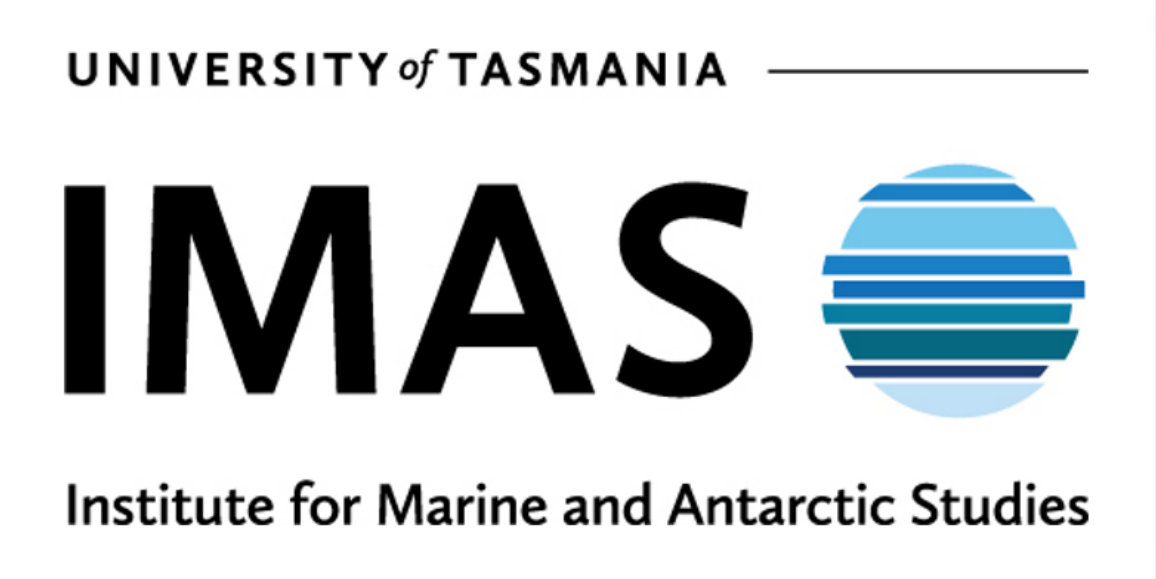Nutrition and performance are key elements of any animal domestication process, and have been essential to ensuring the economic, social and environmental sustainability of Atlantic salmon aquaculture in Tasmania.
Atlantic salmon nutrition research focuses on delivering the required nutrients for fish to grow – from different diets as fish go through various life stages and environments, to supplying specific nutrients for different times of year. As the industry became aware of issues in the supply and sustainability of products used to manufacture feeds, research has also investigated alternative sources of protein and omega oils.
IMAS conducts Atlantic salmon nutrition and performance research at the Experimental Aquaculture Facility (EAF) at Taroona. Here researchers address issues in fish performance, i.e. how efficiently Atlantic salmon grow. This involves
- optimising performance through water temperature fish feed quality and nutrition
- studying the impacts of these factors on reproductive physiology and premature maturation.
The EAF can be modified to assess the combined influences of sub-optimum elevated temperature and sub-optimum decreased dissolved oxygen, to build knowledge around how climate change affects water quality.
Tasmanian researchers conducted some of the first research in the world on the interactions between nutrition and negative environmental effects caused by climate change. This work was extended to consider impacts on product quality, such as fatty acid profile and colour.
CSIRO research includes investigating:
- how variable oxygen conditions can potentially impact the development, growth and survival of Atlantic salmon – supported by the Tasmanian salmon hatchery enterprise SALTAS
- omega-3 canola oil as a safe dietary source of docosahexaenoic acid (DHA) in salmon feed
- growth, pigmentation and plasma biochemistry of farmed Atlantic salmon
- the genes involved in Atlantic salmon maturation



